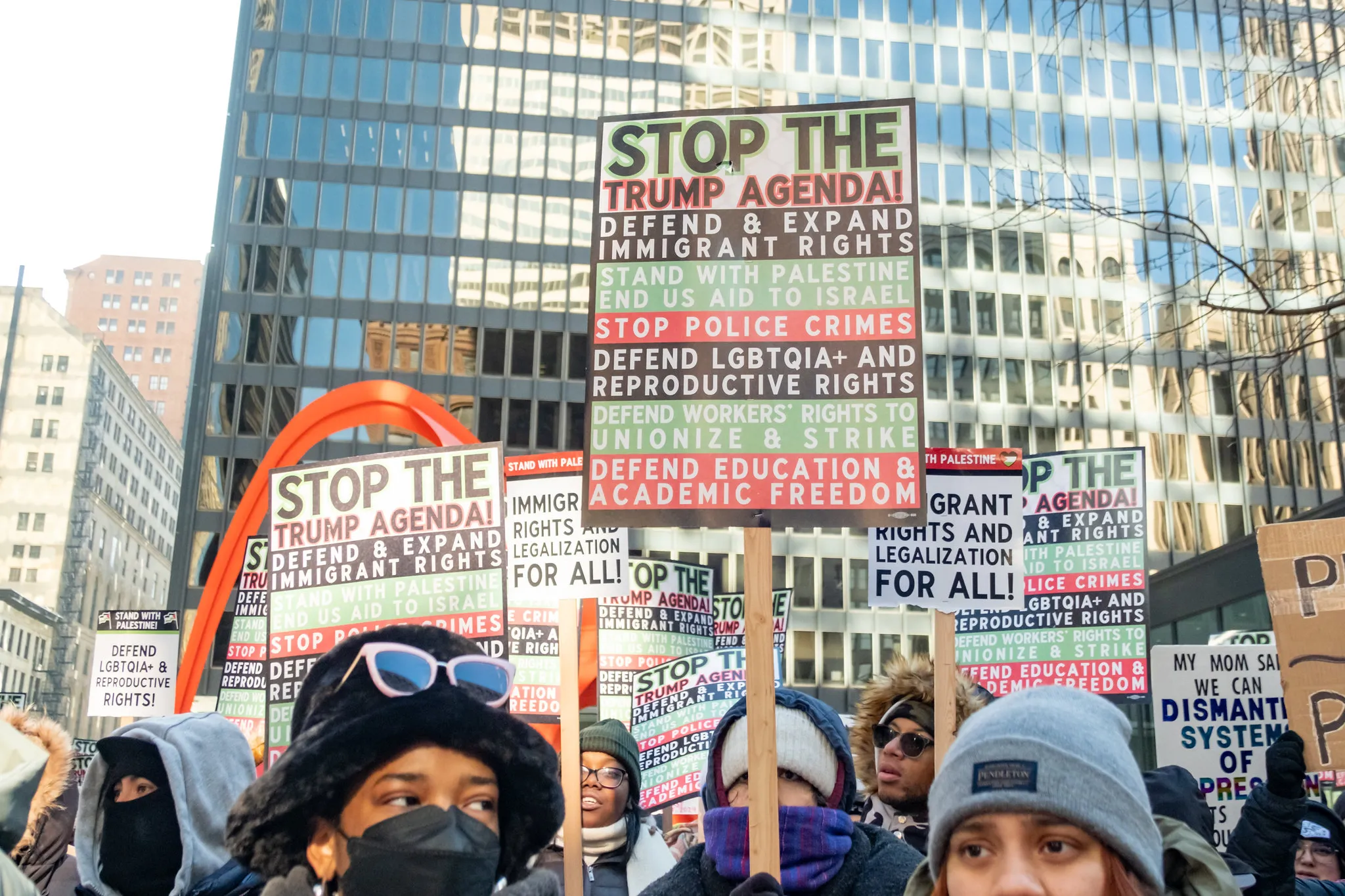If we plan to defy the order of the day, we must decide between what’s worth fighting about and what’s not the best use of our time
Source: Prism
“They’re not trying to impose dictatorship from a position of strength, they’re trying to impose it from a position of weakness, and fear.” – Lorenzo Kom’boa Ervin
“In the midst of discontent, talk, theoretical discussions, an individual or collective act of revolt supervenes, symbolizing the dominant aspirations.”– Peter Kropotkin
The start of 2025 has been unsurprisingly chaotic. As a surge of wildfires engulfed the Los Angeles area, stealing people’s homes and livelihoods, the news broke that the world’s lands and oceans recorded the hottest year on record in 2024. Even before his inauguration this week, President Donald Trump floated invading Greenland, retaking the Panama Canal, and making Canada the 51st state. While pointing his “America First” policies toward expansionism and imperialist ends, he threatened the entire “Middle East,” justifying Israel’s ongoing genocide in Gaza. He also sought a public health justification for shuttering the southern border, much like the racist U.S. gassing policies that once inspired the Nazis. Since being sworn in, Trump acted on many of his statements immediately and signed a flurry of executive orders redefining birthright citizenship and gender as well as reversing climate regulations, among other terrible things. These issues alone paint just a portion of the picture of what’s coming to those of us who plan to fight back.
The truth of these moments and many others is that if we plan to defy the order of the day, we must decide between what’s worth fighting about and what’s not the best use of our time. Often, the fights we choose to take up may not reflect the urgency other issues demand. Those emergencies can become so great that they choose us when we can no longer deny the need for our full participation. Now is the time to commit ourselves rather than wait to be forced into action by circumstances; this is the difference between proactively planning instead of waiting to see what happens and reacting to it. Resistance based on reaction may operate from the point of disadvantage if it usually requires an antagonism or a spark to mobilize a response. So, we’re forced to admit that we have priorities if we understand this and then decide what to do about them.


